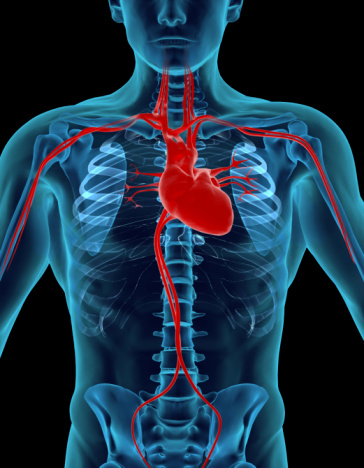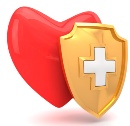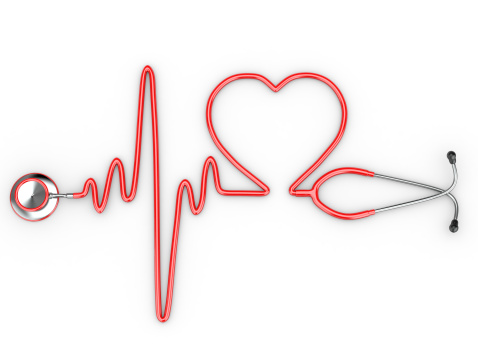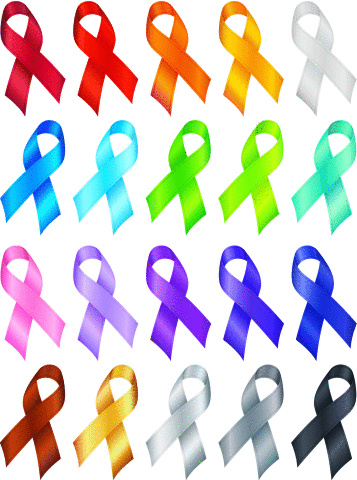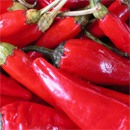America’s Worst Culprit of Sodium May Surprise You
Despite the fact that more and more people are being warned to watch their salt intake, a recent U.S. study showed that 90 percent of Americans continue to consume sodium at levels much higher than the recommended daily intake. This is contributing to some of our leading health problems, such as high blood pressure, stroke, ...click here to read more





